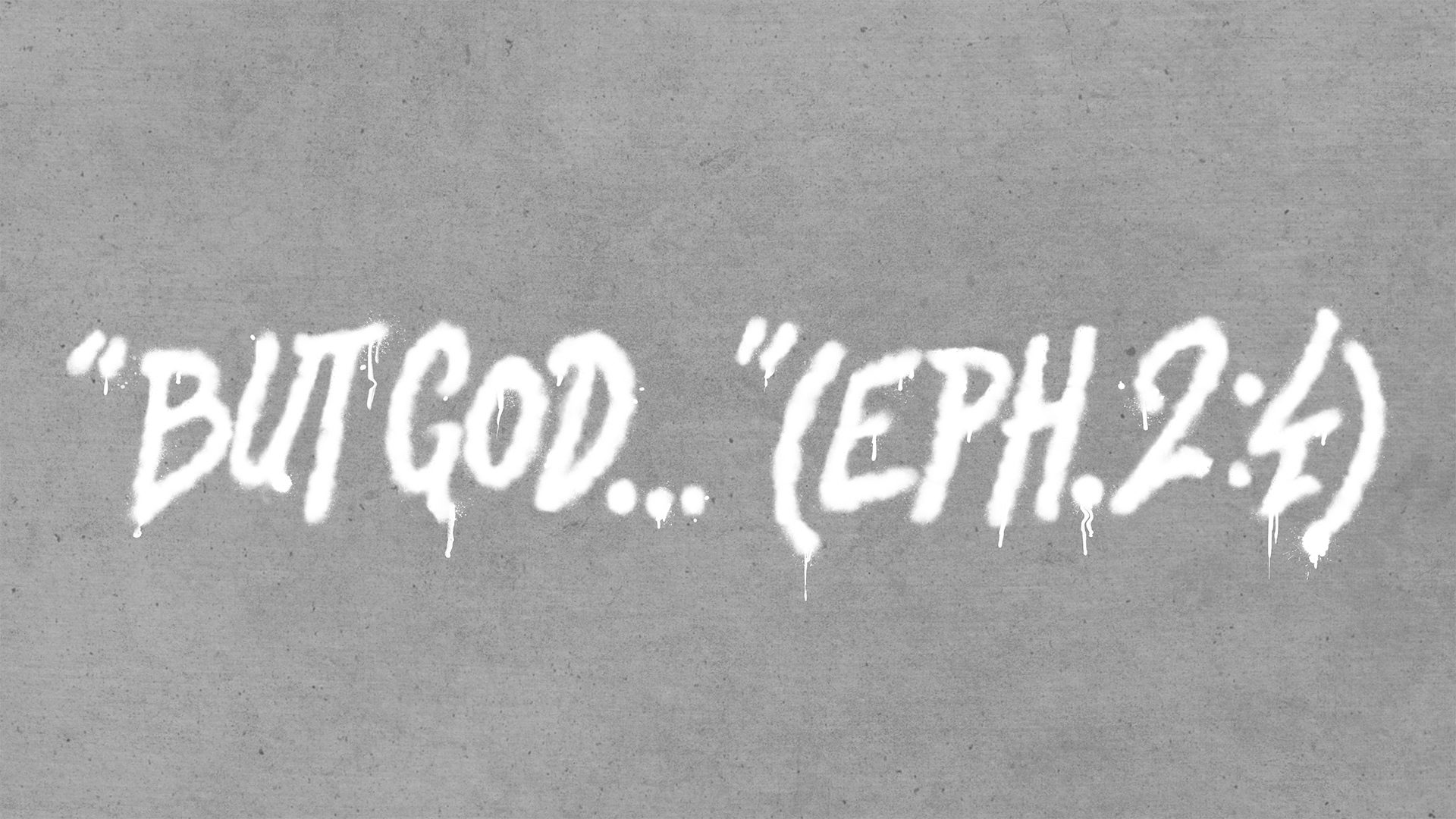This article is the Third-Place Winner in TGC’s 2022 Essay Contest for Young Adults.
Then, the professors offer a caveat: “So, where’s the hope in all this? The world is falling apart but you are going to fix it.”
I fail to see the hope in this, and I suspect my classmates feel the same. Most sit there as if we’ve all received a death sentence. You see, according to the modern world, the role of the student is no longer just to learn the three Rs but to prepare as much as possible to create change as an enlightened member of society. We’re given an impossible burden we know we can never resolve. We’re told the solutions are found within ourselves, but we can’t see past our own inadequacies. And so arrives the disillusionment of a hopeless generation.
Contemplating the modern world creates a need for hope that only the gospel can provide because of the certainty of life in Christ. This hope equips students to navigate the world not with fear or burdens but with confidence in the promises of a faithful God.
Disillusioned and Hopeless
Remedying the unmet promises of a broken world with hope in humanity leads to disillusionment, and the problem is worse than most think. Last year, the World Economic Forum named youth disillusionment as the eight largest “global risk.” They defined it as “disengagement and lack of confidence and/or loss of trust with existing economic, political, and social structures at a global scale.”
Remedying the unmet promises of a broken world with hope in humanity leads to disillusionment.
Worldly education tells us to find the hope for humanity within our educated selves. All hope in governing institutions has been lost. It’s up to us now. Perhaps a better-equipped generation of students would find solace in this, but mine does not. We can’t even fix ourselves, let alone society at large. In this sense, Gen Z students are very aware that humanity simply can’t save itself.
Unfortunately, this news gets worse on a spiritual level. Aside from the fact that society is dying, our spiritual selves are already dead. Ephesians 2 describes the life of a hopeless soul: “And you were dead in the trespasses and sins in which you once walked, following the course of this world, following the prince of the power of the air, the spirit that is now at work in the sons of disobedience” (Eph. 2:1–2). Without hope, the only thing we can be certain of death. Turns out, the state of the world is worse than we thought. Gen Z students cannot offer this world true hope.
Hope of the Gospel
While human-centered hope leads to fear and uncertainty, the gospel presents hopeless students with secure promises to be fulfilled by a faithful God. Unlike the promises of the world, the gospel offers us certain promises that we can have hope in when we accept Christ into our lives. Luckily for us, one of these promises involves the earth. In Revelation, God promises us a new heaven and new earth where “death shall be no more, neither shall there be any mourning, nor crying, nor pain anymore, for the former things have passed away” (Rev. 21:1–5).
Even more important and reassuring is the hope the gospel gives us for our souls. The seemingly hopeless reality presented by the first few verses of Ephesians 2 is stopped dead in its tracks: “But God, being rich in mercy, because of the great love with which he loved us, even when we were dead in our trespasses, made us alive together with Christ—by grace you have been saved” (Eph. 2:4–5).
But God. What a sweet phrase. Amid the chaos, death, and destruction of our nature, God saves us. The best part is that we don’t and can’t ever deserve it. This is a promise that has been granted to those who believe, a promise that has already been fulfilled. Christ paid the debt, and now I’m alive with him again. This is true hope.
It’s the hope of the gospel that allows students to navigate an unfixable world not with uncertainty but with confidence in God’s promises. Death, disease, and doom burden my generation. Gen Z students interact with the world as individuals afraid of the present and uncertain of the future. But God. When the world continues to descend into chaos, gospel-believing students can be sure of the truths promised by God as detailed in his Word. Aside from the hope of things to come, we students can be sure of what we’ve already been given: everlasting life in Christ.
When the world continues to descend into chaos, gospel-believing students can be sure of the truths promised by God as detailed in his Word.
It’s this assurance that enables us to function in a hopeless society. Our daily labors and works then become motivated, not by burden of fixing the world ourselves, but by the perfect love of God when we put our hope in him. As Paul writes in 1 Timothy, “To this end we toil and strive, because we have our hope set on the living God, who is the Savior of all people, especially of those who believe” (1 Tim. 4:10).
Gen Z, we can’t fix this earth. But our hope is not in this world, it’s in Christ. Gen Z, as humanity fails and the world around us succumbs to sin, I encourage you to take your hope off yourselves and put it instead in him. Because those who hope in him “shall mount up with wings like eagles; they shall run and not be weary; they shall walk and not faint” (Isa. 40:31). Uncertainty threatens to burden us, but God. We can rest assured in the gospel’s hopeful, life-giving promises, that we too may soar like eagles.
